Total War’s battles may involve thousands of participants, but the series has always understood the significance of the individual in wartime. Anyone who has lost a general during a Total War battle will understand the influence one person can have over the tide of war. A successful campaign can hinge not just upon the capturing of territory by massive armies, but the careful negotiations of diplomats, or the quiet work of specialist espionage agents.
Total War: Three Kingdoms aims to take this personal connection between the player and their troops to the next level. The campaign is not just about armies clashing, but characters as well. This idea is embodied by a new system - named Guanxi - that simulates the personal relationships between the warlords, generals and governors who populate Ancient China.
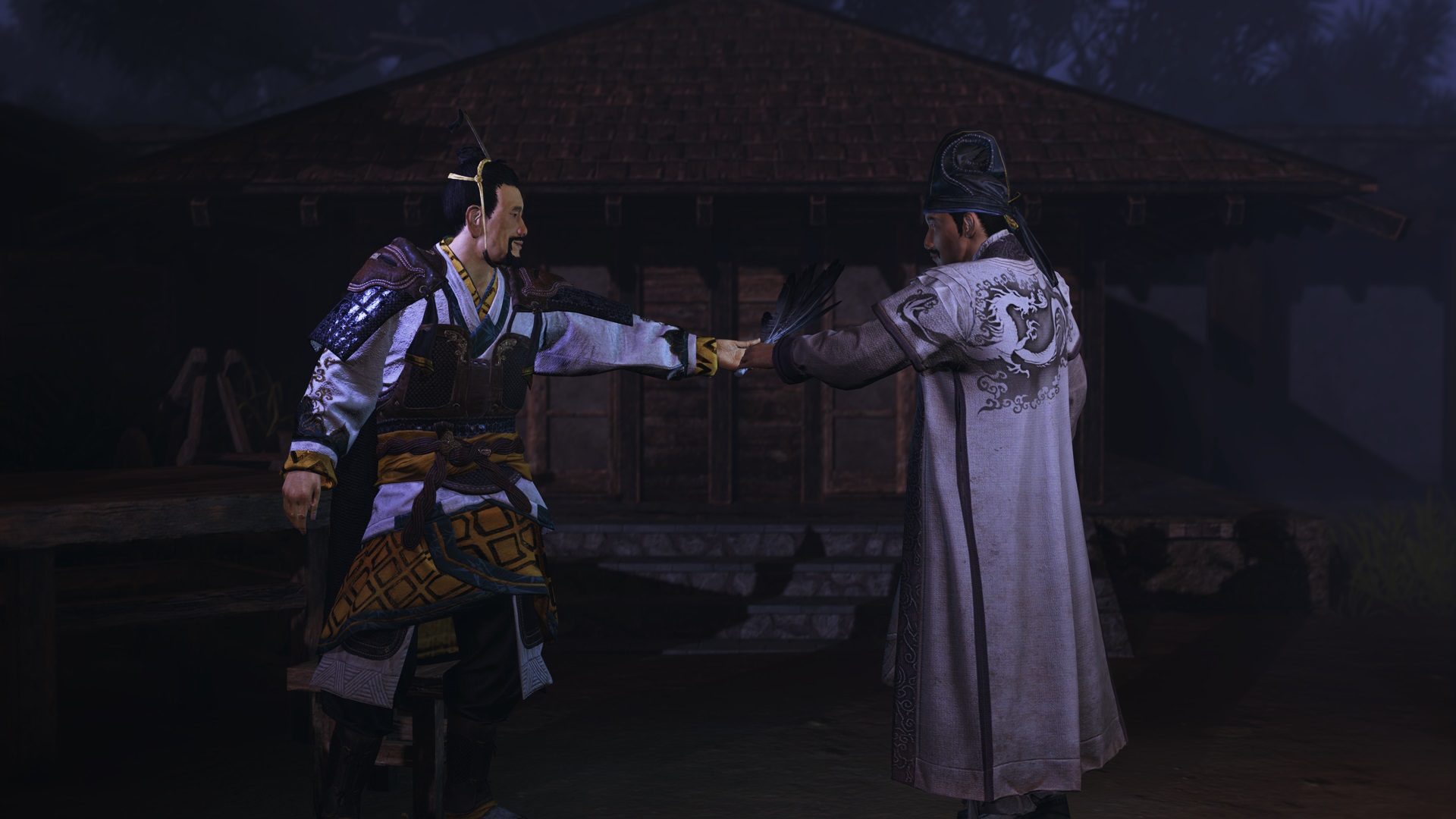
Every character in Total War: Three Kingdoms can form positive or negative relationships with one another. Their opinions can be based on a variety of different factors, such as previous events in the game, the behaviour of other characters, and their own personality traits. Whether a character is loyal or disloyal, aggressive or defensive, brave or cowardly, these things will affect how they perceive others, and how others perceive them.
Over time, these relationships can deepen into friendships or erode into rivalries, depending on the actions those characters take and how their personalities evolve over the course of the game. Eventually, this can lead to dramatic events that may be hugely significant to your campaign strategy. For example, if a general is dissatisfied with your faction leader’s behaviour, he might defect from your faction and join one of your enemies to help lead their armies against you.
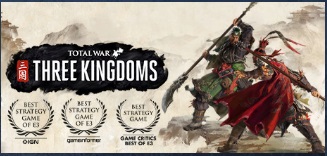
Pre-purchase Total War: Three Kingdoms here.
Combining a gripping turn-based campaign of empire-building & conquest with stunning real-time battles, THREE KINGDOMS redefines the series in an age of heroes & legends.
Out on the 23rd May.
These relationships can be formed in a number of ways. Characters in close proximity with one another will naturally form new bonds. Generals may form friendships with other generals in your faction if they are recruited into the same army, while characters located in the same province will also establish a connection regardless of their faction allegiance. Depending on their personalities, this relationship might be positive or negative, and that in turn may affect the overall public order rating in that province.
It isn’t only proximity that affects relationships, however. Characters who work together and interact with one another will also form new acquaintances. Your faction’s court ministers, such as your Chancellor, Faction Heir, and Prime Minister, will form connections with one another as well as your Faction Leader. In addition, Faction Leaders who engage in diplomacy with one another will also form relationships. Three Kingdoms even features narrative events that can occur between two characters. Not only might this establish new relationships, but those relationships may be influenced by the choice you make to resolve that particular event.
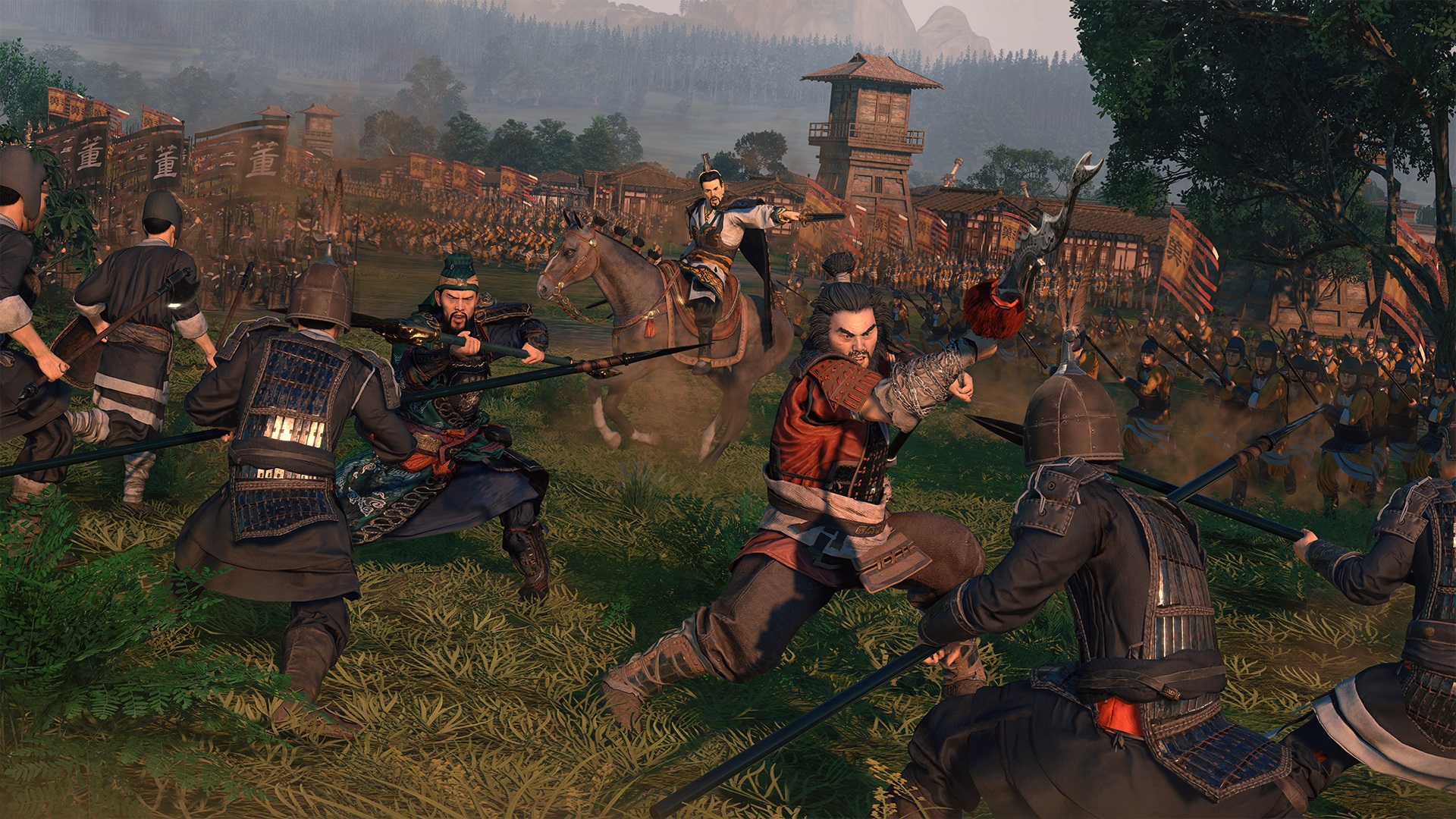
These dynamic, ever-shifting bonds can affect the course of your game both on the campaign map and on the battlefield. Opposing generals who meet on the battlefield may form a relationships with each other as as a result, while if a general in your army is close friends with a member of another faction, then going to war with that faction might negatively affect their feelings towards you.
Some characters are also naturally less reliable than others. The infamous general Lu Bu, for example, is one of the greatest warriors in Ancient China. But he is also extremely fickle, prone to defecting between factions and outright betraying his superiors. Recruiting Lu Bu is like putting a tiger at the head of your army, enormously powerful but equally unreliable.

These systems combine to give Three Kingdoms the most dynamic character system of any Total War to date. Every action you take will be viewed differently by every character in the game, causing a knock-on effect that can ripple across the entire campaign map. As you attempt to forge your Empire, you’ll need to learn to manipulate not just army supply lines and provincial economies, but complex web of interpersonal relationships and ever-shifting alliances. You may find an enemy general suddenly defects to your side, or you may be betrayed by your closest ally. One way or another, Total War is about to get personal.
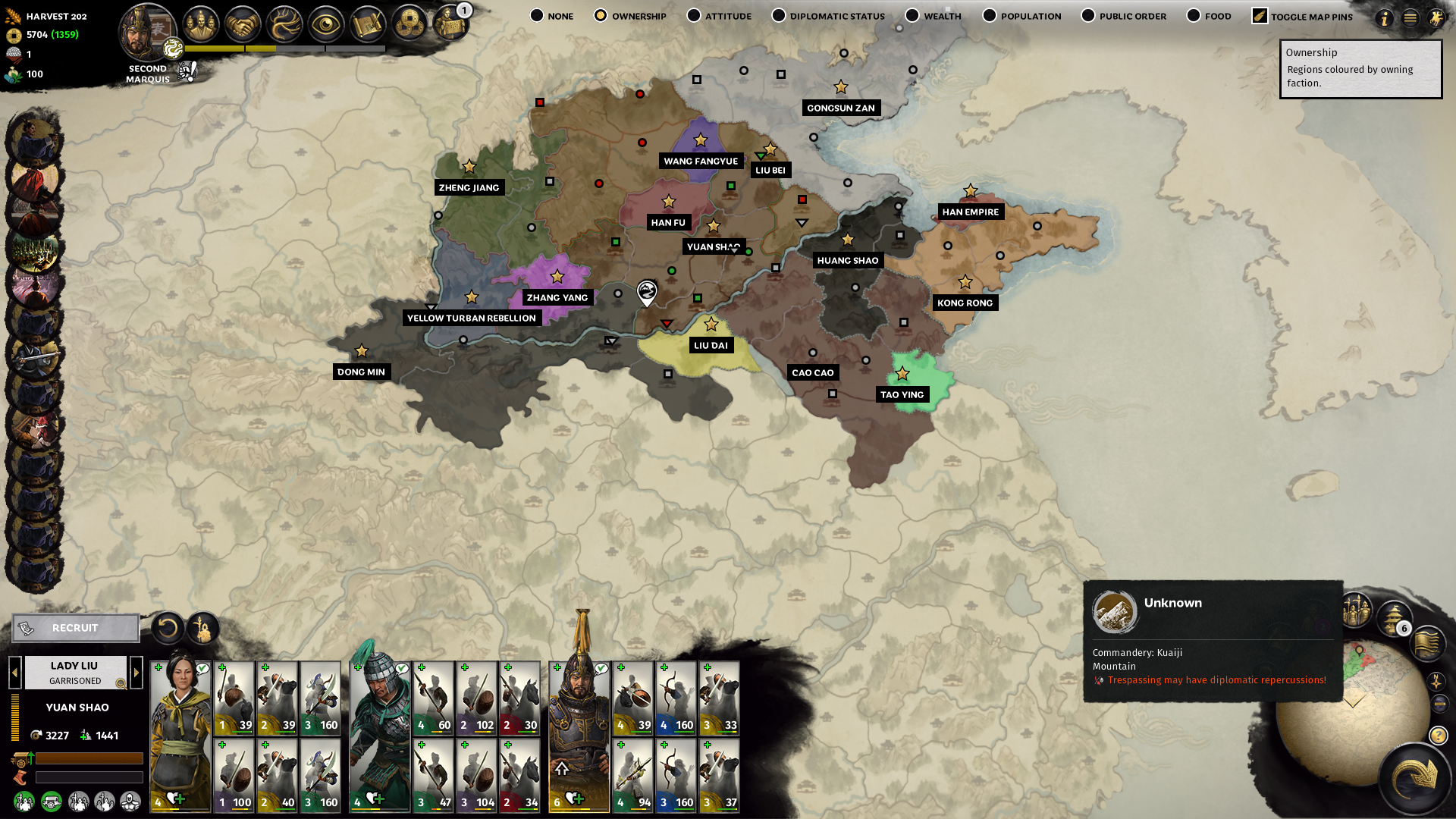
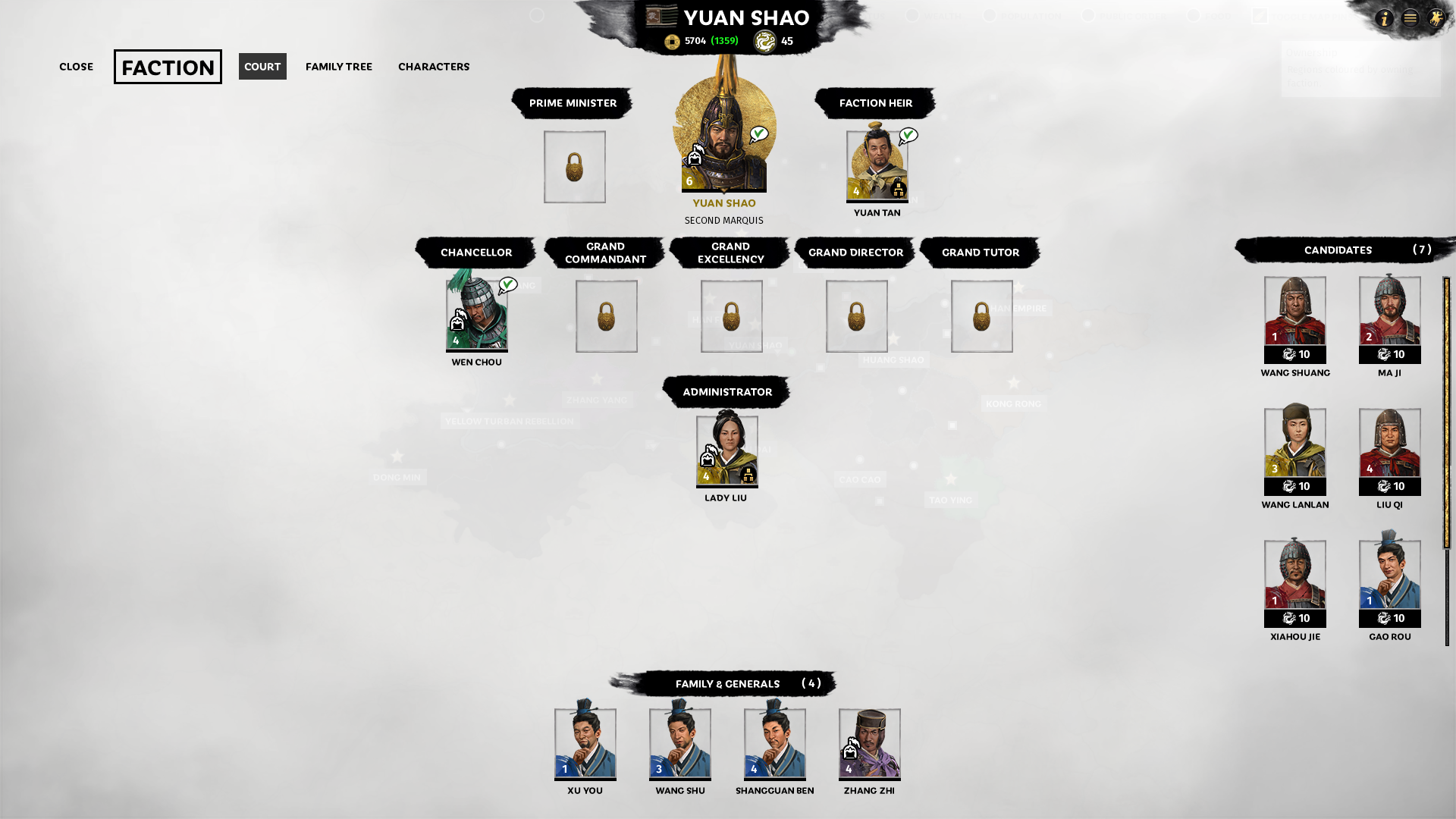
Keep up to date with the most important stories and the best deals, as picked by the PC Gamer team.

